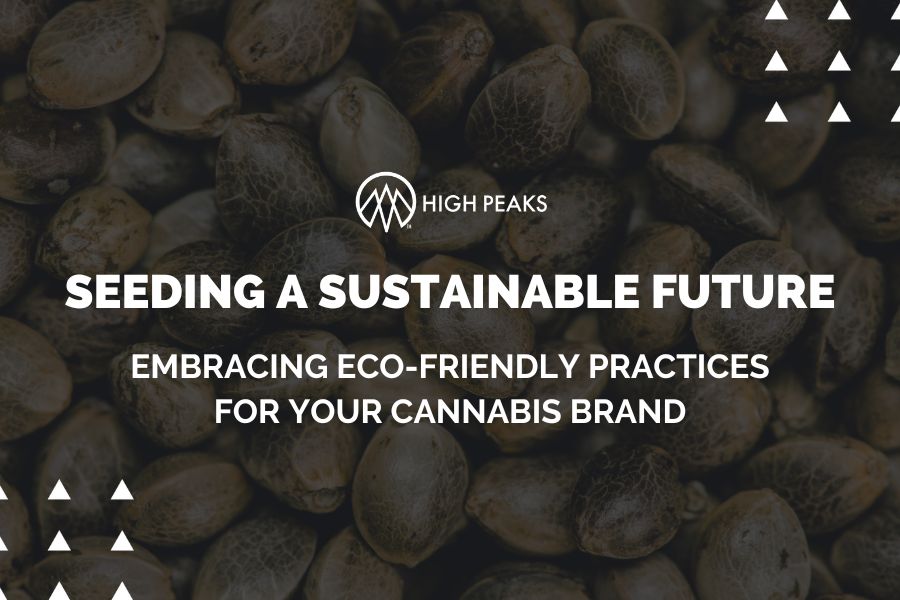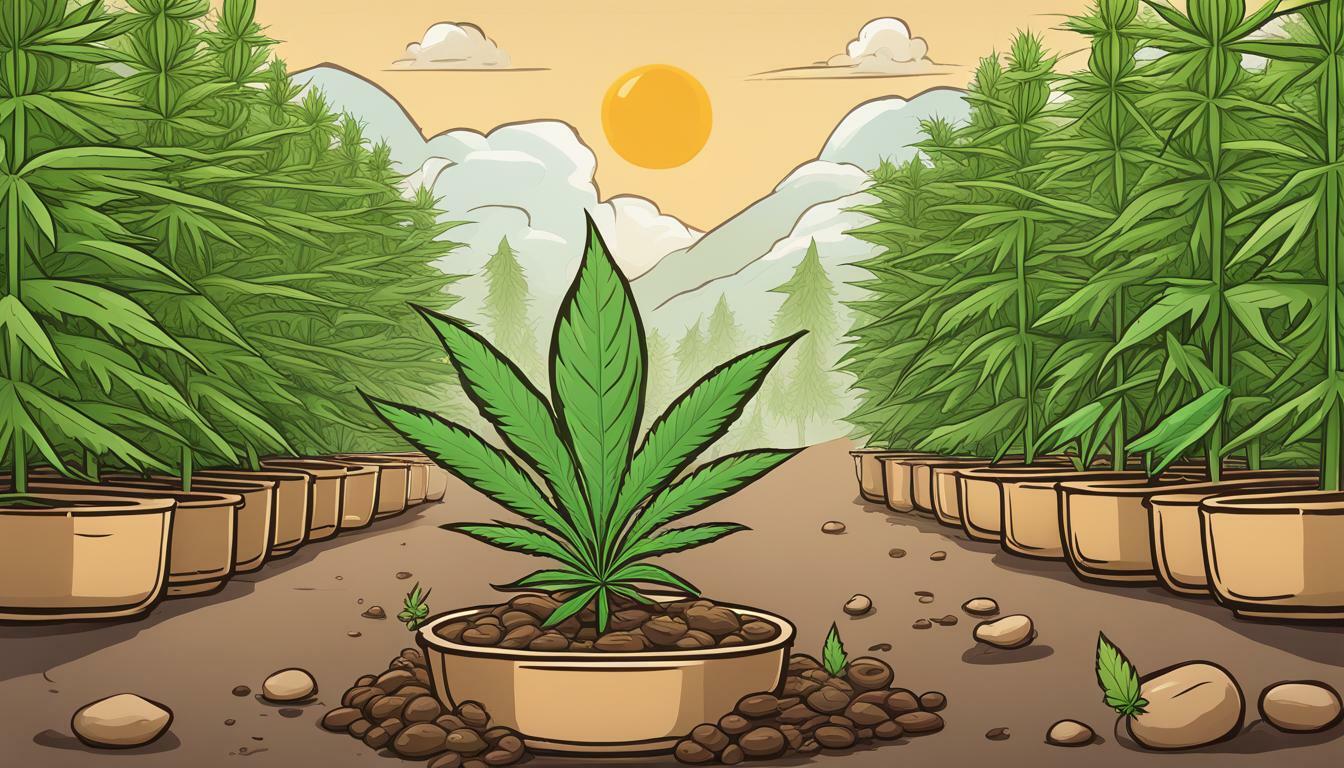The booming cannabis industry presents an opportunity for businesses to become trailblazers in promoting sustainable and eco-friendly practices. As we collectively grapple with pressing environmental concerns, companies that weave sustainability into the fabric of their operations stand poised to flourish and foster lasting connections with increasingly environmentally conscious consumers.
Join us as we delve into the profound impact of sustainability within the cannabis industry and highlight strategies to nurture a greener, more eco-aware brand.
Reducing the Environmental Footprint
Cannabis cultivation and production can be resource-intensive, leading to significant energy consumption, water usage, and waste generation. Adopting sustainable practices not only reduces the environmental footprint of your cannabis brand but also demonstrates a commitment to social and environmental responsibility. Some key strategies include:
- Energy-efficient lighting and equipment: Utilizing LED lights and energy-saving technologies in cultivation facilities can significantly reduce energy consumption and operating costs.
- Water conservation: Employing water-saving irrigation systems, rainwater harvesting, and efficient plumbing fixtures can minimize water usage and protect local water supplies.
- Responsible waste management: Implementing recycling programs, composting organic waste, and using eco-friendly packaging materials can help reduce waste and mitigate environmental impacts.
Enhancing Brand Reputation and Consumer Appeal
In an increasingly competitive market, having a strong sustainability commitment can differentiate your cannabis brand and attract eco-conscious consumers. By actively promoting and showcasing your company’s eco-friendly initiatives, you can enhance your brand reputation and foster consumer loyalty. Strategies for building a sustainable brand image include:
- Transparent communication: Share your sustainability goals and achievements through your website, social media, and marketing materials, engaging consumers in your brand’s mission.
- Collaboration and partnerships: Partner with local environmental organizations or participate in community-based sustainability programs to show your commitment to a greener future.
- Certifications and accreditations: Pursue certifications like organic, Fair Trade, or other sustainability-related credentials to demonstrate your commitment to responsible practices.
Boosting Operational Efficiency and Long-term Growth
Embracing sustainability can lead to increased operational efficiency, reduced costs, and long-term growth for your cannabis brand. By optimizing resource use and minimizing waste, you can streamline operations and create a more resilient business model. Some ways to achieve this include:
- Lean production techniques: Identify areas of waste and inefficiency within your production process and implement continuous improvement strategies to optimize operations.
- Renewable energy sources: Consider investing in solar, wind, or other renewable energy systems to reduce reliance on fossil fuels and lower energy costs.
- Circular economy principles: Adopt a circular economy approach by repurposing waste materials and creating new products or revenue streams, promoting a closed-loop system that minimizes waste and environmental impact.
Cultivating a Greener Legacy
Incorporating sustainability into your cannabis brand’s core values and operations can lead to a myriad of benefits, from reducing environmental impacts to enhancing brand reputation and consumer appeal. By embracing eco-friendly practices and continuously seeking opportunities for improvement, your cannabis brand can cultivate a greener legacy and secure its place in a competitive, rapidly evolving industry.
As we work towards creating a better tomorrow, the impact of sustainability in the cannabis industry will only become more critical, and those who prioritize eco-conscious practices will pave the way for a brighter, more sustainable future.





